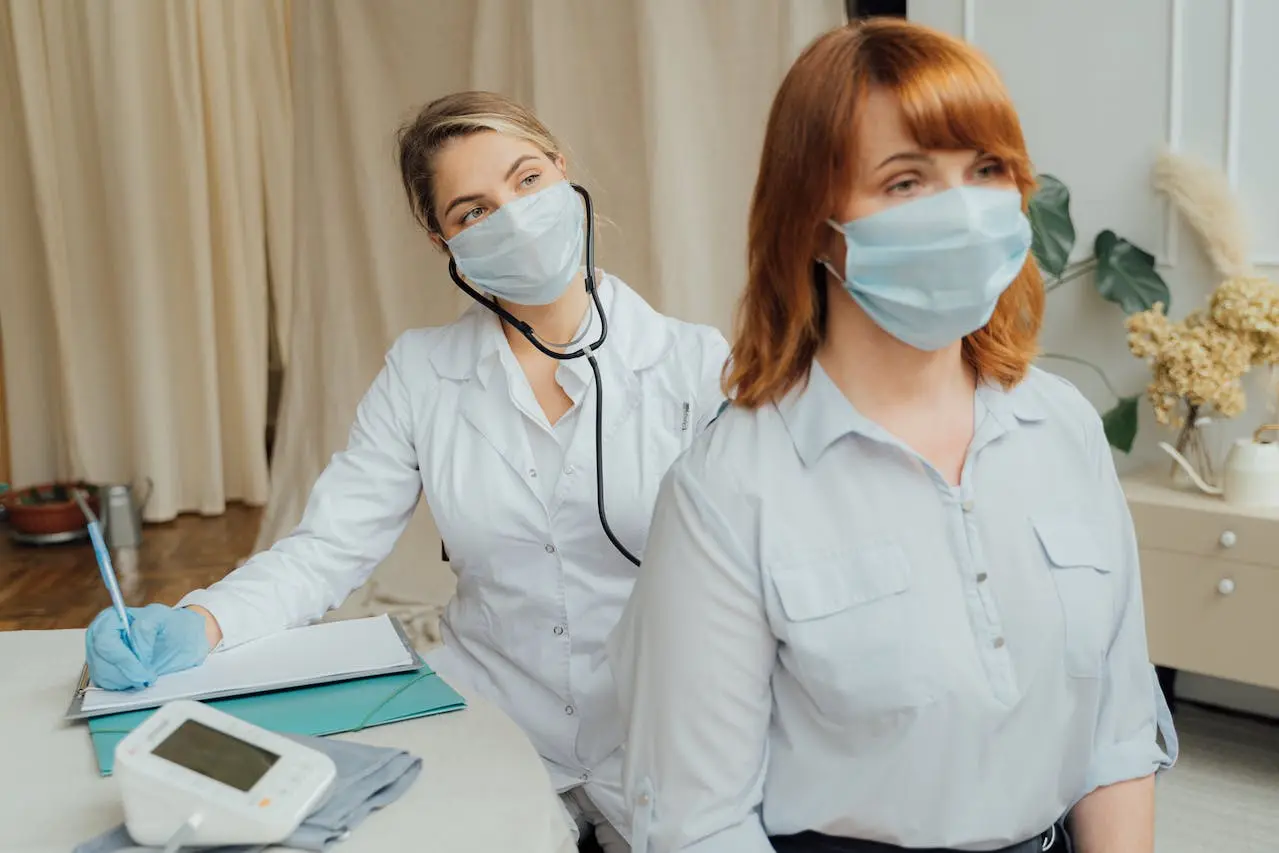Nursing is a profession in the healthcare sector where nurses care for individuals to maintain a healthy quality of life. Therefore, clinical learning is, of course, essential. Nursing students and interns are introduced to simulation training, providing real-life medical scenarios using a dummy. Why do programs use simulation training, and what are the benefits? Let’s take a look.
What is Simulation Training?
Simulation is a great way to provide a safe but realistic environment for nurses to train in healthcare. Nurses use the knowledge and skills from their studies and apply them to simulated real-life scenarios. Simulation uses anatomically accurate dummies (or mannequins) with a full spectrum of human emotion and feelings–they can talk, cry, blink, wince in pain, etc. It’s as close as you can get to a real-life patient without them being human.
This training may just be one part of a nurse’s studies, but it is equally as beneficial and important as anything else they learn. It illustrates the healthcare field incredibly well and prepares nurses for how unpredictable and fast-paced the medical field realistically is. Simulation training bridges the gap between theory and practice in a life-like medical environment.
Generally, nursing students will attend simulation training with little to no prior knowledge of what simulated patients they will be assigned. They come prepared with equipment and supplies; then, they will need to adapt to whichever case they are assigned. Sometimes, this may be done in pairs, or they may work individually. Instructors will observe your work and test your abilities to care for patients.
Simulation training may occasionally use volunteers or actors for nurses to practice further real-life scenarios, i.e., breaking bad news to family members about a loved one’s death or diagnosis. Virtual simulation has slowly been introduced to medical training since the COVID-19 pandemic. This modern training method will be explored later in this article.
What are the benefits?
There are many benefits of simulation in nursing, with a lot of viable advantages in helping healthcare students become better at their craft. Whether it’s building confidence or building a safe space for mistakes, simulation training plays an important role in qualifying future nurses.
Confidence in Skills
There’s a huge difference between having knowledge and theory in the medical field versus being able to practice your skills in real-life scenarios and do so successfully. Simulation training provides nursing students with the opportunity to gain confidence in their skills.
It means that once you start working in the medical field, you won’t be thrown into the deep end and feel overwhelmed. This training sets you up to feel as confident as possible in your abilities. Graduates will have experience that compares to real-life scenarios, allowing them to confidently use their skills and provide the best care for patients.
Ability to Deal With Stressful Situations
A guaranteed factor about the medical field is that you never know what’s going to come through the emergency doors next or how quickly a patient may take a turn for the worse. It’s certainly one of the most unpredictable industries to work in. Providing hands-on experience is essential to prepare students for how intense their future careers may be. No one wants to be thrown into a situation where they don’t know what to do. If you panic, things go downhill really fast.
Learn From Mistakes in a Safe Environment
Mistakes happen. Even the best doctors with decades of experience make mistakes from time to time. Simulation provides an important safe space for students to learn from their mistakes without serious repercussions. Allowing for vigorous practice scenarios heavily reduces the risk of real-life patients being harmed in the future. It prepares students to maximize healthcare being successful and minimizing risks and patient harm.
Gain Experience in Rare Medical Cases
Nurses may see repetitive and common cases daily once they enter the medical field. Simulation training would prepare nurses to deal with rare medical cases. Not only do they learn how to treat them most effectively, but also how to handle the situation delicately and not be afraid when they encounter an unusual case.
Stand-Out Skills to Get Hired
Virtual Simulation
As modern technology continues to develop, new practices are continually being introduced in healthcare and training. Simulation dummies have been used in nursing training since the 1960s, and now healthcare training has introduced virtual simulation. In medical education, there should always be real-life scenarios for students to practice in. Virtual simulation is just another new way of doing this.
Instead of using a dummy, training nurses are given access to a virtual simulation. An interaction between a nurse and a patient is simulated on a computer program. This had been developing for years but was officially put into practice in 2020 due to the COVID-19 pandemic, where nursing students couldn’t access hospitals or in-person training.
Virtual simulation also ensures that nursing students can gain as much real-life experience as possible. Catering for in-person simulation can be time-consuming, meaning that students often don’t get too much experience in simulation. Virtual simulation is more accessible and allows students to practice as much as possible.
Conclusion
Simulation in nursing is an essential asset of medical training as it provides a lot of benefits. Not only does it benefit the training nurses and their studies, but it also benefits their future patients. Simulation prepares nurses for real-life scenarios and allows them to practice their craft in a safe and secure environment.
This training allows you to learn from your own work and that of your peers to improve your practice and come out of school ready to provide the best care for patients.
Disclosure – This is an external post and the views expressed are of the sponsor/author/third party and not of Healthieyoo’s editorial team. We disclaim any and all liability to any party, company, or product for any direct, indirect, implied, punitive, special, incidental, or consequential damages arising either directly or indirectly due to the use of content published in this article. The publishers of this website take no responsibility for any health issues, personal injury, death, disability, or any other harm due to the content on our website or any advice or opinion expressed on our website. Please consult your healthcare professional before making any decision related to your health. Please also read our medical disclaimer”.
Recent Posts


Prostadine Reviews: Unlocking the Potential for Prostate Health




